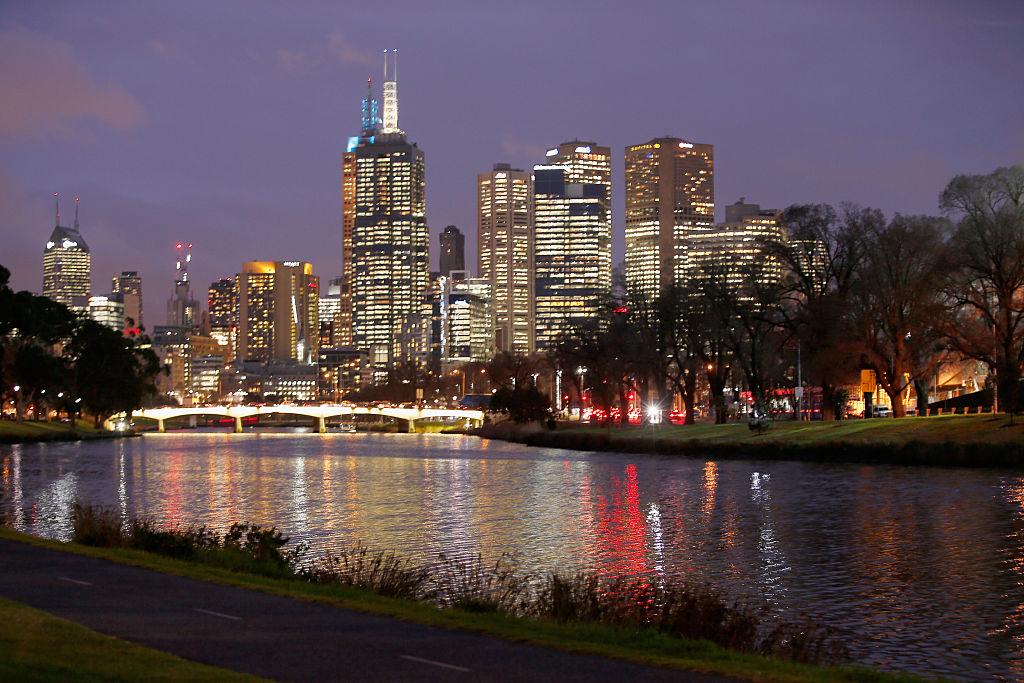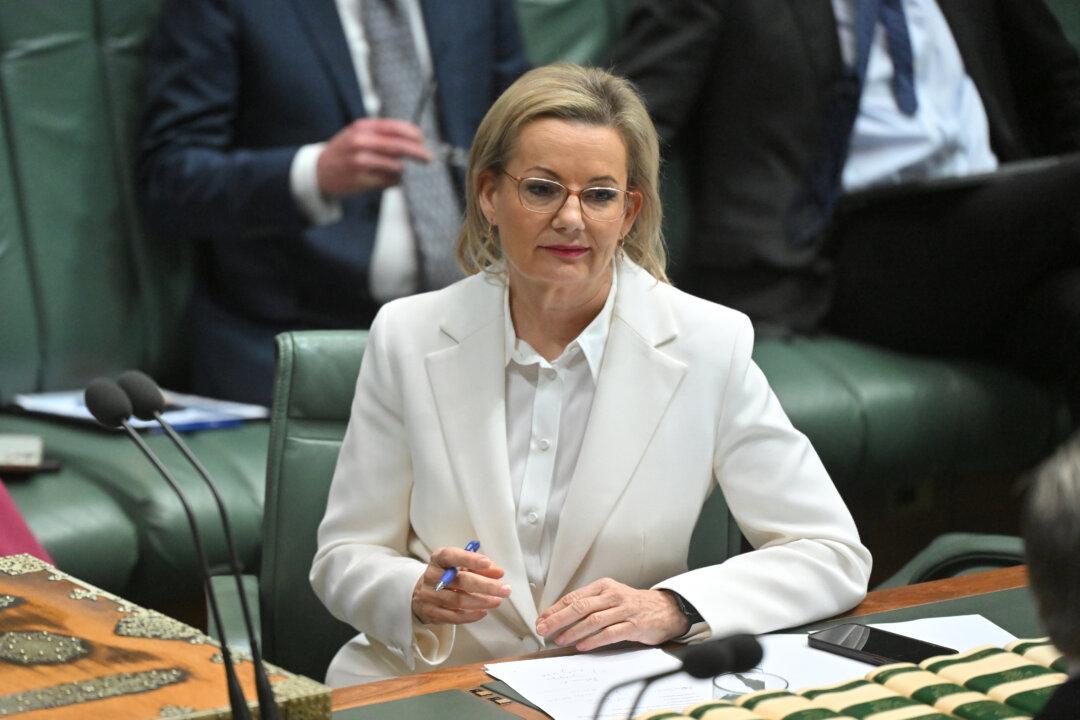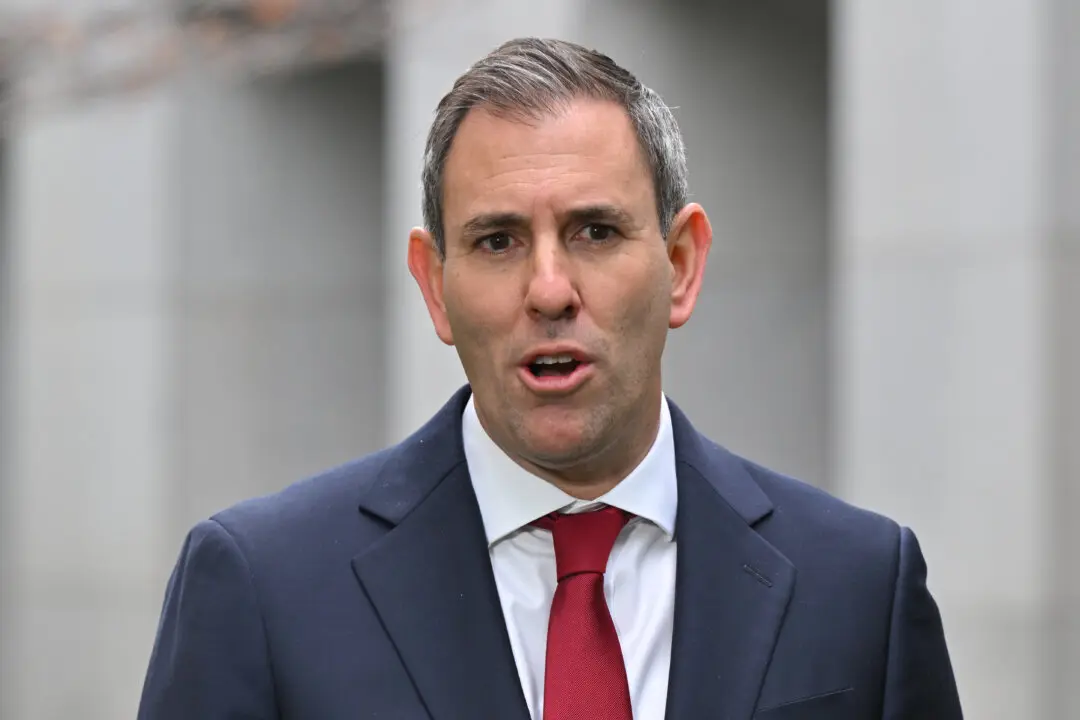Victoria is the least business-friendly jurisdiction in Australia, according to the Business Council of Australia’s (BCA) Regulation Rumble 2024 report, released on Dec. 3.
The report assessed states and territories on several criteria important for the growth of small business, an important source of employment for Australians.





